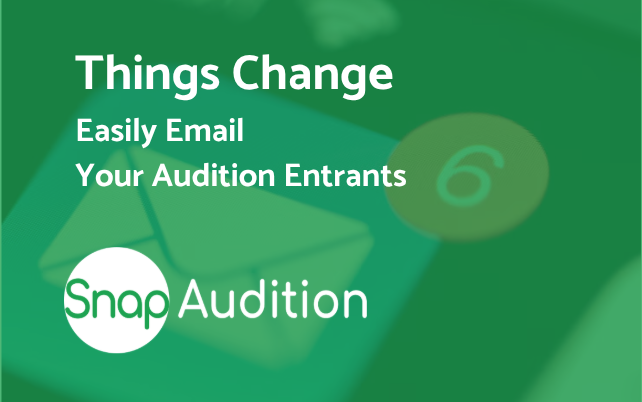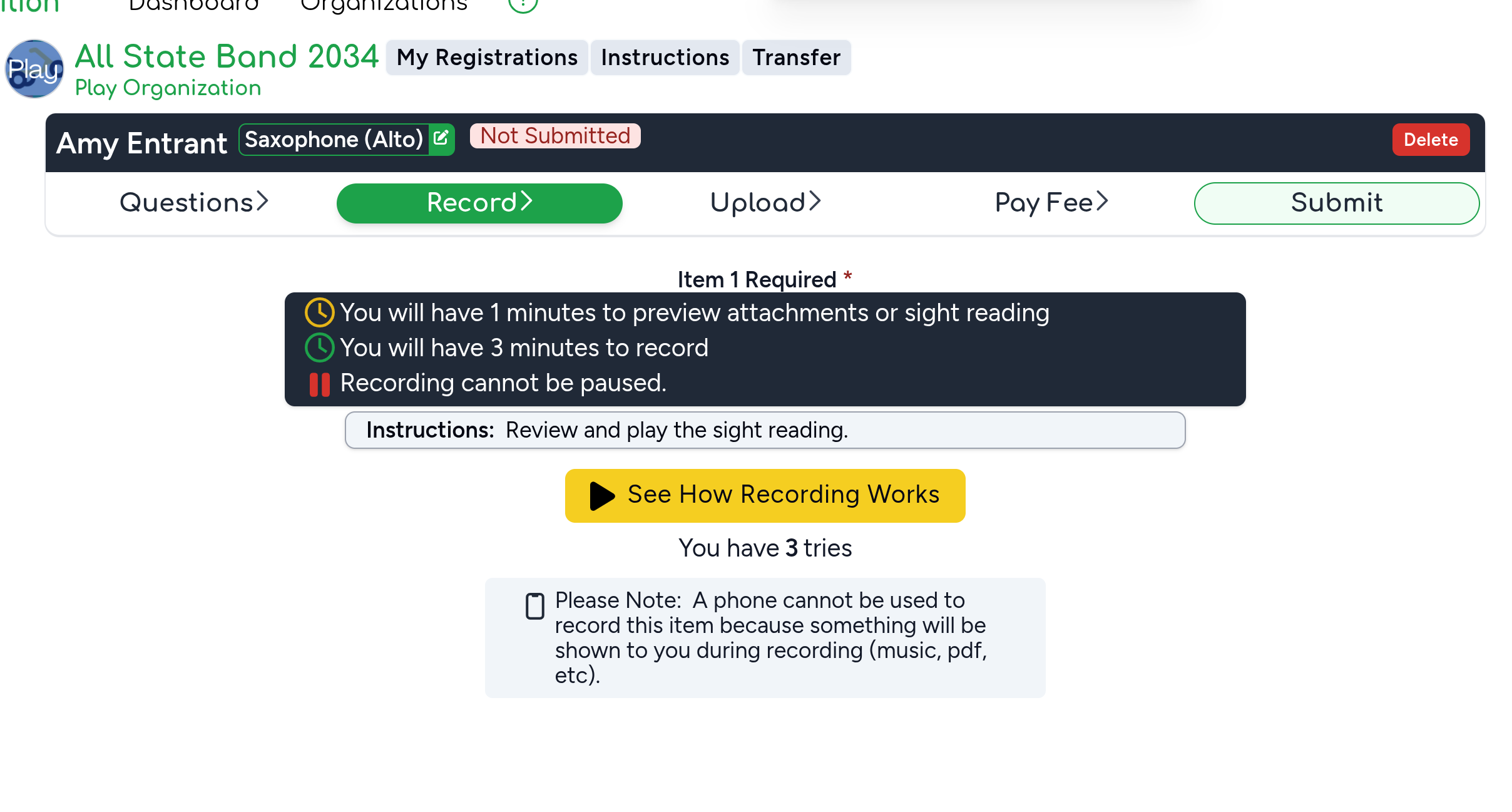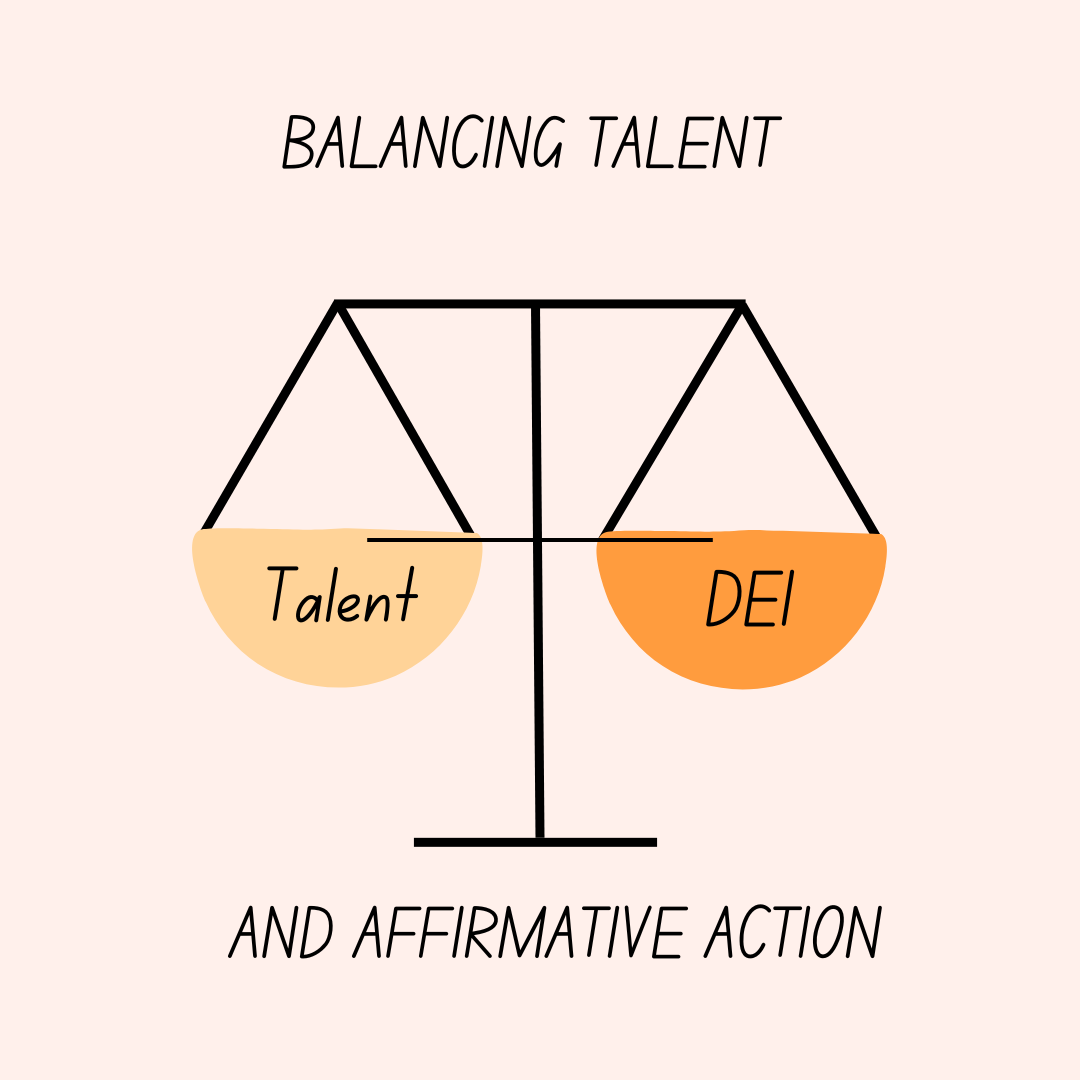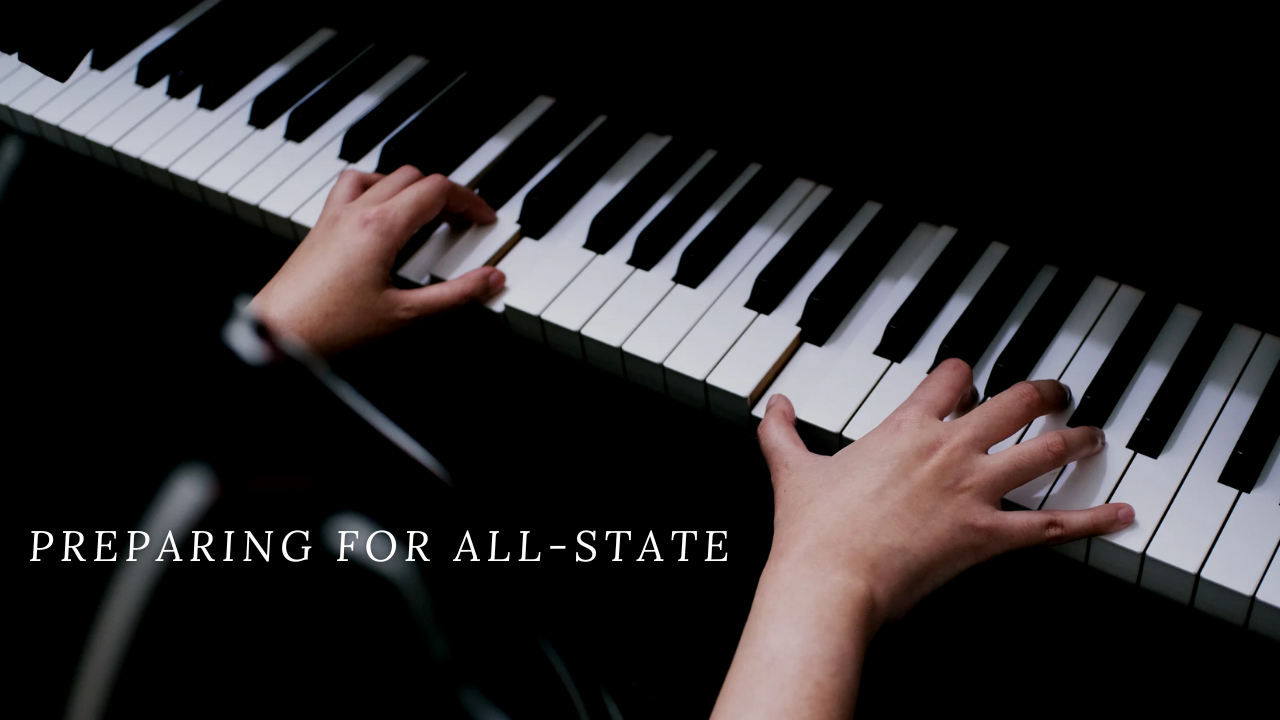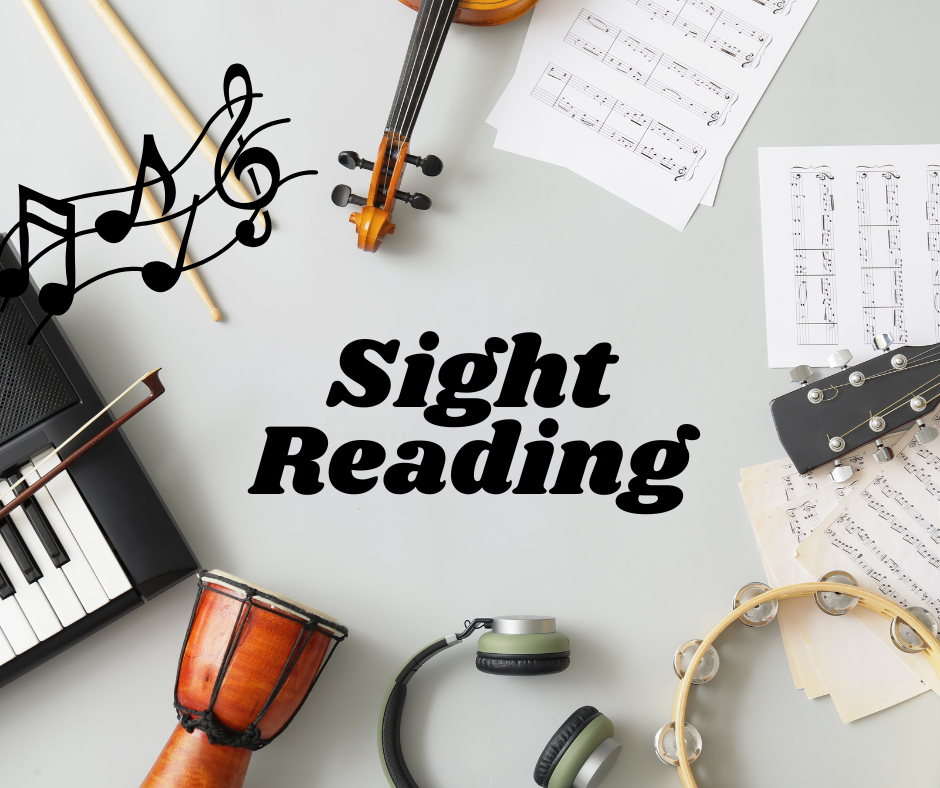
You must stop instructing participants to upload audition videos to YouTube now. YouTube is convenient platform everyone is familiar with, but six major issues arise when you use it as part of your audition process.
1) Setting a Video "Unlisted" Doesn't Solve Privacy Issues
YouTube videos are never truly private, especially if they are simply set to, unlisted. When you upload a video to YouTube, you must choose between making it public, private, or unlisted. Auditions often instruct entrants to set the video to unlisted and call it a day.
Unlisted YouTube videos can still be viewed by anyone with the link. Even though the video won't show in in YouTube's search results, there are several ways to still find unlisted videos.
Plus, privacy settings are useless if an audition participant doesn't actually set them correctly.
2) Intellectual Property Risks
Once an audition video is uploaded to YouTube, it becomes more challenging to control its distribution. Unauthorized parties can download, share, or even edit the content without your consent. This can lead to potential misuse of the audition video, including:
Unauthorized Sharing: Others might share a video on different platforms or websites without the entrant's or audition's permission.
Alteration: A video could be edited or repurposed in ways that misrepresent the performance.
3) Legal and Compliance Issues
YouTube's terms of service and content policies are stringent and can lead to removal of the video if it violates any guidelines. This includes the use of copyrighted music or footage, which might be an integral part of an audition.
Thousands of videos are taken down everyday by YouTube because they contain copyrighted music. YouTube gives full control to the music's copyright holder to take down videos containing their copyrighted material. The risk of having a participant's video flagged or removed due to policy violations, will greatly disrupt the entire audition process.
Further, liability to your organization increases greatly with YouTube. The problem: Your organization has no business relationship with YouTube, but you are formerly instructing participants in your audition to use it for something it is not intended for. This puts your organization at risk for unintended, and potentially unknown, legal issues.
4) Anonymity (Blind Judging) is Impossible
A bias-mitigated audition, using blind judging, is impossible using YouTube for videos. Uploading requires the entrant to create or use their existing YouTube channel. There is no way to view a YouTube video, even one embedded on another website, without seeing the channel it was added to.
When you use YouTube for auditions, you also give adjudicators access to entrant's YouTube channels and all their uploaded videos.
5) Inefficient for Adjudicators
The job of an adjudicator is to watch videos, or listen to audio, and score, not sift through and open countless YouTube video links. You waste adjudicator's time when you make them, find and open a separate YouTube video link for every audition entrant. Judges should have the video, scoring sheet or rubric, and ability to write or record feedback on the same screen.
6) Reputation of Your Audition
Instructing entrants to upload their audition to YouTube is simply unprofessional. Put yourself in the participant's shoes. They've worked incredibly hard, sometimes for months, to prepare and record their audition. Then, they read: "Upload to YouTube and send us a link to your video." This signals how little concern your organization has for their audition.
Alternatives to YouTube
Video auditions was a leading motivator for me to create Snap Audition. I thought: if we can scroll through video after video on TikTok in seconds, why are we reviewing audition videos this way. Why are we using insecure and problematic platforms like YouTube, Dropbox, and many others for audition videos?
Snap Audition was built to solve all these problems, at an affordable price. Click here to create an audition and see how easy it is with Snap.
If you don't use Snap, at least choose a system where you control the video once it's uploaded. For example, some type of form builder which allows users to upload files and video also. If you go that route, you will not be able to take advantage of Snap's video processing which ensures super fast viewing, plus our automatic anonymization feature which only plays audio to judges. Whatever you use, my plea is to stop using YouTube for video auditions.

More Articles
